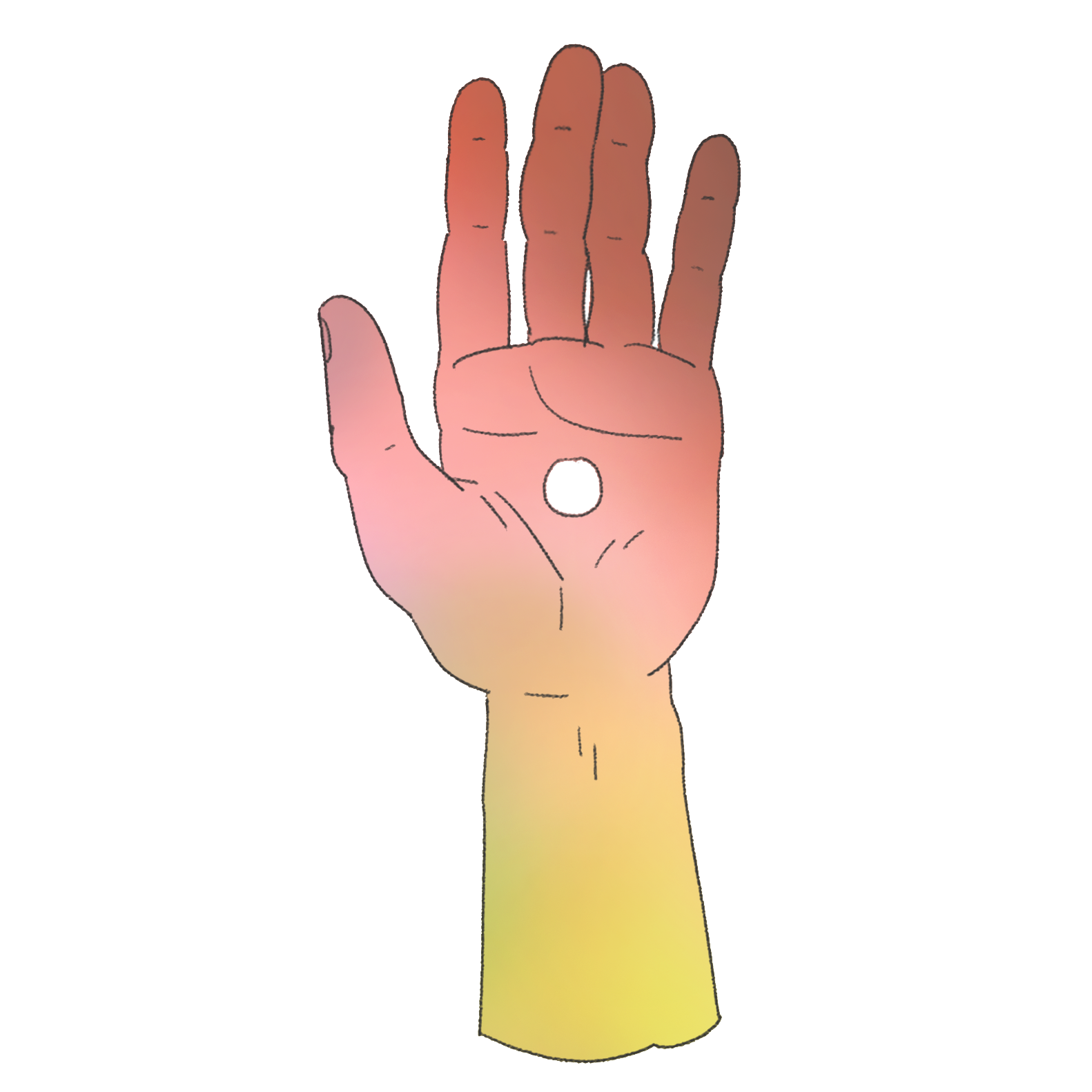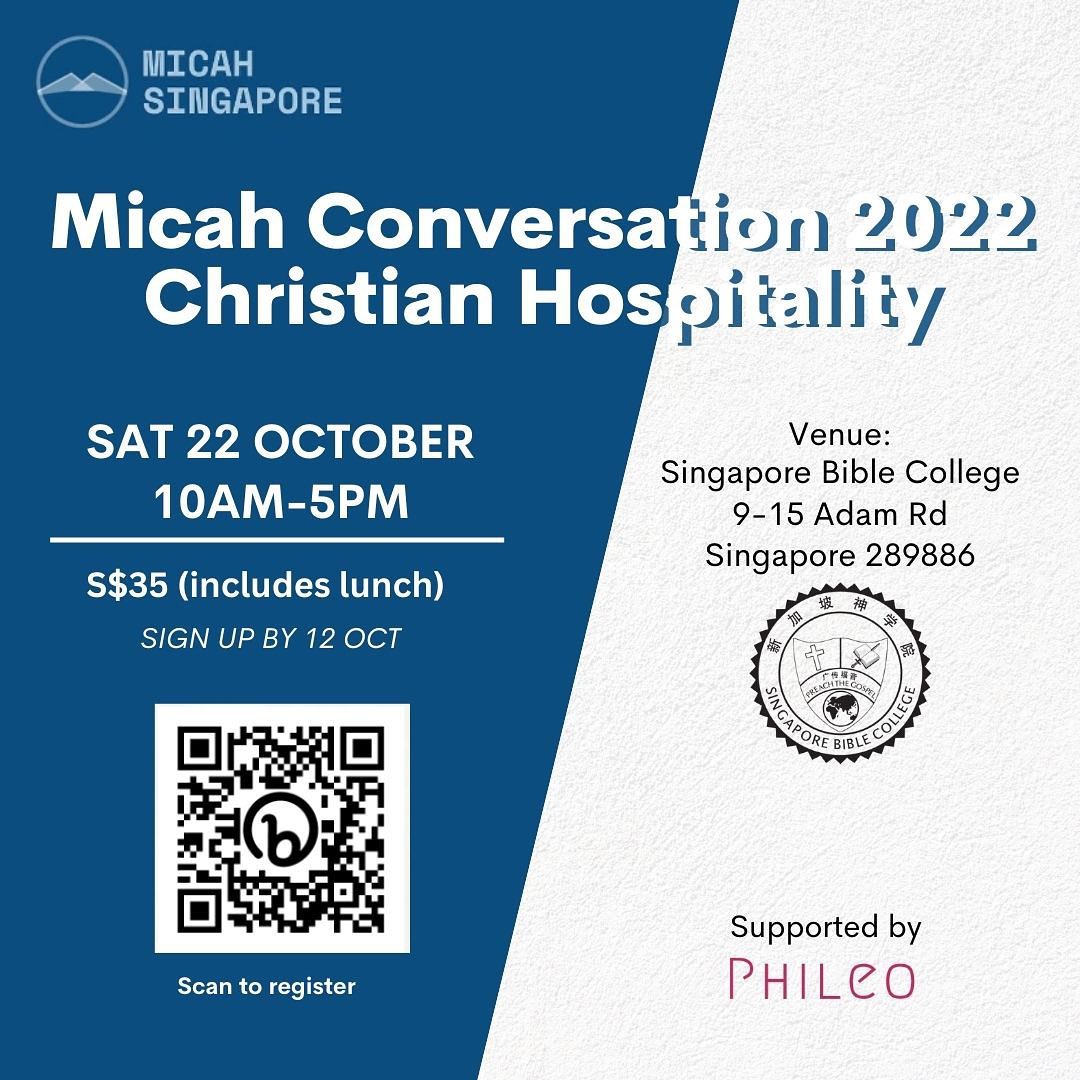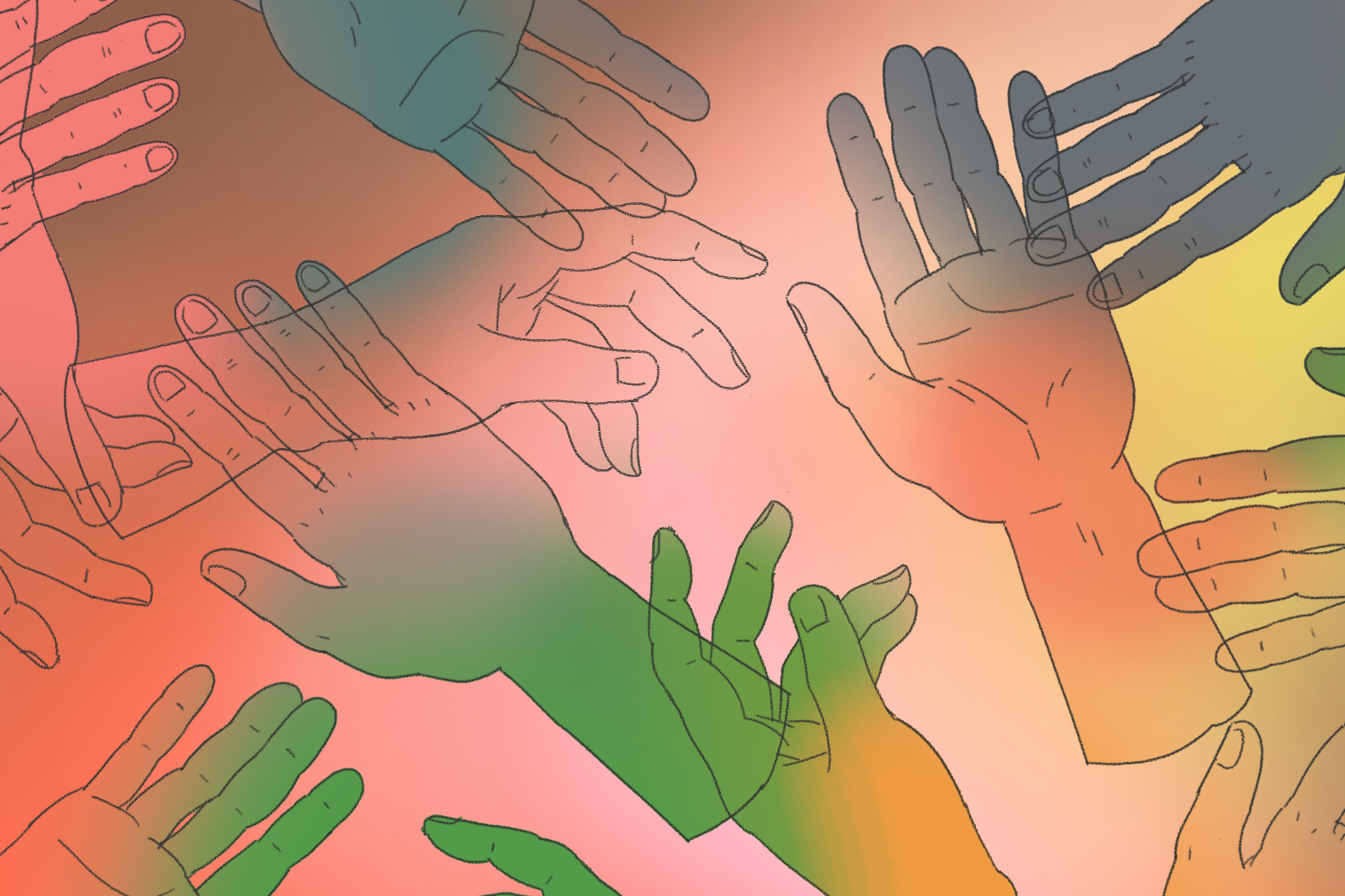In the racial group I was born into, there are very few Christians, whether in Singapore or beyond.
As a result, most Christians in Singapore still do not know how to properly respond when they encounter someone like me.
I wouldn’t say that my experiences have been so extreme to qualify as xenophobia, but I have definitely experienced microaggression and stereotypical views from a handful of individuals in the Church (as a whole and not from any specific church).
At first, this made me feel like I was somehow “a lesser person” in the Christian community. I felt alone and lonely, like I was a second-class citizen of Heaven.
There were times when I questioned whether I had entered a religion that was exclusive rather than inclusive.
The first of the two incidents that I will share happened during a newcomers’ lunch. A middle-aged lady and her teenage son were visiting my church and exploring Christianity.
After learning about my background, the lady said that she was glad I was in church rather than engaging in what a “regular person” of my race she assumed would be doing.
As a young Christian, this stumbled me as I feared that everyone else would perceive me similarly.
Was I always going to be judged by these stereotypes, even though my ethnicity was not something I chose? Was this what I had to expect from Christians?

The second incident occurred during a small group session aimed at discussing godly parenting in this digital age.
A sister in Christ was describing her parenting techniques — no mobile devices, TV or internet usage; an hourly controlled schedule with slots for sleeping, eating, homework and reading (no playtime) — and how she thought it helped to ensure that her children grew up to be godly.
When it came to my turn, I shared that my parents generally gave me freedom so long as I followed their broad and brief plan; this had so far worked out well.
The lady interjected that it was different for “our culture”, which seemed to suggest that people of my race are not bothered about digital godliness or the success of their children.
While the lady’s comments were disappointing, the support I received from a brother in Christ of a different race filled me with warmth.
This brother backed me up and told her that this view was both baseless and wrong as he had a similar upbringing to mine, and it had nothing to do with culture!
It strengthened my faith and hope in God’s community — that others would back me up in moments when I was subject to microaggression and not turn a blind eye to these “little” injustices.
Growing in God
It is not easy to stay inconspicuous especially when you are a minority in church.
My first few months of attending services and church meetings were filled with anxiety. There were times when I questioned whether I had entered a religion that was exclusive rather than inclusive.
But I chose to not let these moments of microaggressions hinder my walk with Christ, and let them be a supplement for my faith.
As I continued to mature as a Christian, I was also constantly reminded by God that the super-majority of us Singaporeans are Gentiles. That did not stop Him from welcoming all of us into His Kingdom.

What matters most to me should be my faith and relationship with Jesus, and not how people view me or my background. I grew confident in my faith and started to overcome my anxiety in church.
Rather than feel down about being one of the only people of my race in church (maybe the only one), I chose to see that my unique situation has given me a mission to educate others regarding my culture and the experience of others like myself.
Growing as a community
As more people got to know me in the church community, many would come to me directly if they had questions regarding my culture and life as a Christian.
They started to know me for who I am — from a person-centric perspective (Henry as Henry) rather than from a culture-centric perspective (Henry as the guy of this ethnicity in church, who must therefore be [insert list of stereotypical assumptions]).
The beauty of having people of diverse cultures and backgrounds within our community is that the church also learns how to reach out to different people.
Efforts to include minorities in the church community can really help to build an inclusive culture…
My church has been very welcoming to minority groups. Periodically, services would include ethnic elements such as worship songs sung in my mother tongue.
Lessons or stories shared in Chinese dialects, or with connotations that only a Chinese person would understand, are also subsequently explained for the benefit of non-Chinese worshippers.
This inclusivity extends to leadership positions as well. I was invited to serve for special events such as church camp and to lead Bible study on multiple occasions.
It has been heartening to be a part of a church that recognises that leadership is not only for a particular demographic, but for any of God’s children who are mature, willing and humble.
As a minority, I have sought to educate my brothers and sisters in Christ about my race and how to relate to me — perhaps this is one possible step forward in reconciling relationships.
For those of the majority race, take the effort to get to know your fellow brother and sister in Christ before jumping on the bandwagon and entertaining wrong stereotypes.
Also, recognise that even though microaggression may seem harmless and unintentional, it can hurt the recipient.
Efforts to include minorities in the church community can really help to build an inclusive culture and even transform non-Christians who are influenced by the inclusive nature of Christians.
Ultimately, let us remember that as Christians, we are all brothers and sisters in Christ in the eyes of the Lord, regardless of whether we are Chinese, Malay, Indian or Caucasian.

Want to better understand the hidden communities in the Church?
Join the Micah Conversation that’s happening on October 22, 2022 (Saturday) from 10am–5pm at Singapore Bible College.
Organised by Micah Singapore, speakers include representatives from Koinonia Inclusion Network (KIN), Prison Fellowship Singapore and those who journey with Jesus’ disciples from a community that is less-seen in our churches.
Hear stories of ex-offenders and their families, people with disability and their caregivers, as well as Christians from a different cultural background.
Register here (extended to October 20, Thursday): https://bit.ly/3TGiwgS
- What is the demographic in your church like?
- How open is your church to people from different backgrounds?
- What can you do to help create a more inclusive culture in your cell group or church ministry?









